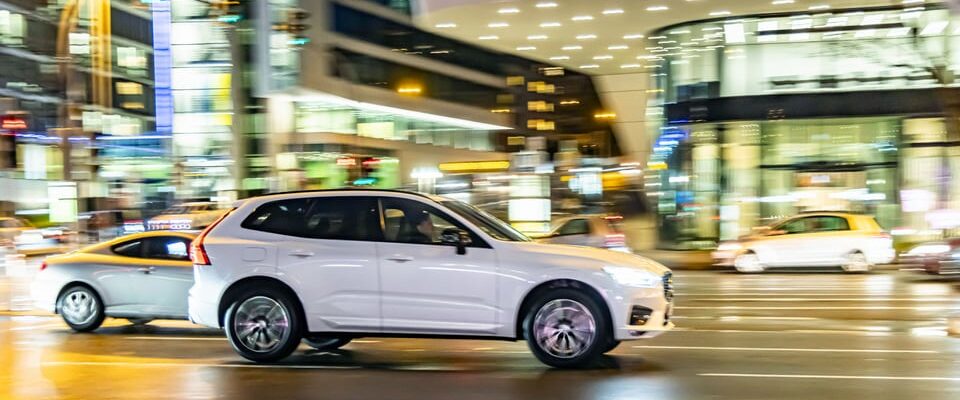Contents
The International Energy Agency wants to slow down the wave of SUVs and is calling on the state. Is that still possible?
The reputation of the International Energy Agency: In a recent interview with the Paris newspaper Les Echos, the head of the International Energy Agency (IEA), Faith Birol, called for government measures to limit the growing distribution of SUVs. He justified this with the great environmental impact and emphasized that SUVs emit on average a fifth more CO₂ than conventional cars.
The great popularity of SUVs: According to the IEA, almost every second new car sold in 2023 was an SUV (sport utility vehicle). Worldwide the rate was 48 percent, in Europe it was over 50 percent. In Switzerland too, the most popular models are almost all SUVs.
The reasons for rapid sales: Jochen Markard, researcher for sustainable energy systems at the Zurich University of Applied Sciences (ZHAW), sees several reasons for the widespread use of this heavy and therefore energy-intensive vehicle type: On the one hand, the car manufacturers, who have long been able to achieve higher margins with SUVs. By advertising adventure, sporty driving, driving experience, safety and constantly new equipment options, they created a demand that did not exist before.
Benefit and status symbol: On the other hand, there are customers who often don’t act very rationally when buying a car, as Markard says. Many people bought an SUV for “extreme cases”. A large car for a few weeks of vacation with a family of five, complete with sports equipment, is undeniably practical. For the rest of the year, the large vehicle is typically and unnecessarily used to its full potential. Added to this is the role of the SUV as a status symbol, as an expression of belonging with a “modern” car.
The consequences for the environment: SUVs are larger and heavier than conventional cars. Accordingly, they also use more energy, be it fossil fuels or electricity. Of course, an electric vehicle is better than a conventional vehicle, at least in terms of direct emissions and CO₂. This also applies to SUVs. But the SUV’s basic problems – size and weight – remain. In addition, there is the space required, for example when parking.
Legend:
The large and heavy SUVs are becoming increasingly popular and can hardly be stopped. The promise of having a vehicle for (almost) all occasions is too tempting.
Imago/Arnulf Hettrich
Possible measures against the SUV trend: Restricting established vehicle types such as SUVs is very difficult for politicians, says ZHAW researcher Markard in a study. The resistance to restrictions on SUVs among owners is correspondingly high. Politicians do have some scope for influence with taxes, energy consumption labels and parking space management. However, according to the study, it would be more important to intervene before a product has reached the masses.
